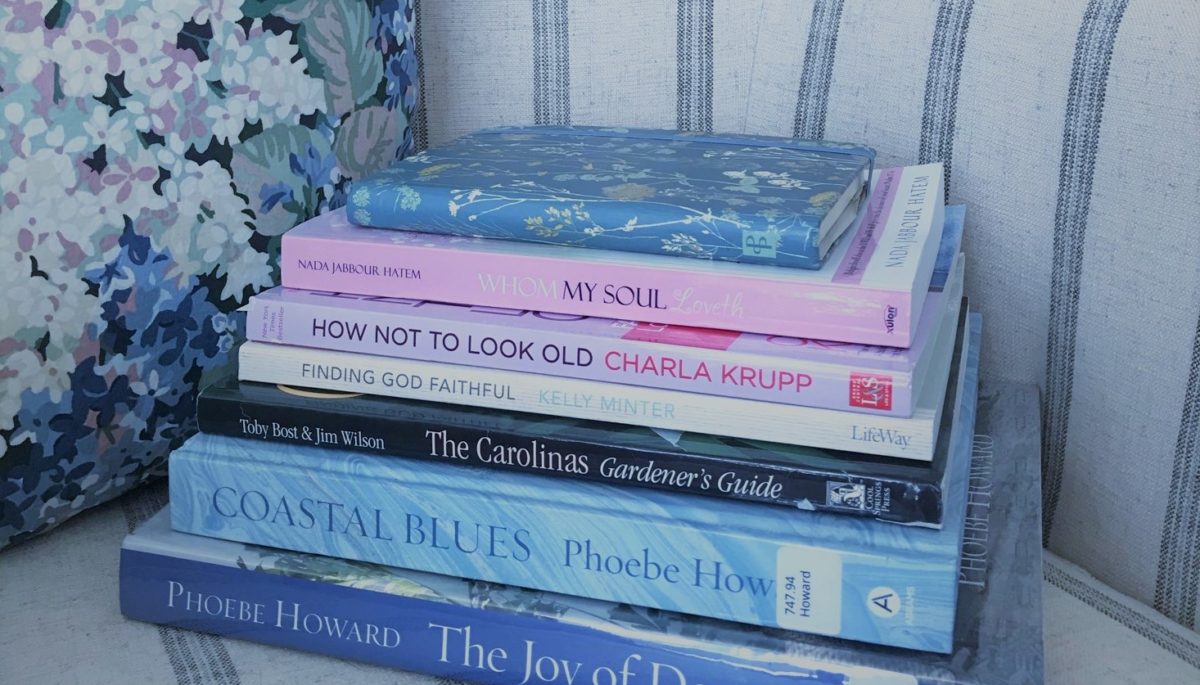Since “A Writer’s Daughter” is ultimately about what the Greatest Author has written, I thought some guidance about how to read the Bible would be helpful. The Bible, God’s book, is large and complex. The term Bible refers to the fact that it is a collection of books. The Bible includes 66 books of law, history, poetry, narratives and biographies, and letters. Christians believe that God used human writers to record the exact words He wanted conveyed (2 Timothy 3:16, Psalm 12:6, 2 Peter 1:21).
Since it’s a long and varied book, there are different approaches to reading Scripture. Many readers decide to read the Bible like they would any other book, from cover to cover, beginning to end. This is a noble pursuit but one can easily get overwhelmed with the content and become confused by reading the Bible this way. I am not saying that no one should ever do that, for there is always value in spending time in God’s Word (Isaiah 55:11). A preferable approach, if your goal is to go through the entire Bible in a span of time such as 6 months or a year, is to find a chronological reading plan that takes you through Bible events in the order in which they happened. This may include reading the Psalms of David at the same time you were reading the history of David’s kingship. It would mean reading the four Gospels about Jesus simultaneously. A chronological plan brings clarity to the story God has for us.
I personally like to mix up my Bible reading. On a regular basis, I want to be reading something from the Old Testament, something from the New Testament and get regular encouragement from the Psalms. I also prefer to read the Bible in sections rather than by chapters. At times the chapter divisions break up a story or topic, or cram too much into the passage. I look for manageable and logical sections to study. This can be compared to a good eating plan: it should be a well-rounded diet and one should practice portion control!
You’ll notice too that I used the word ‘study’. The Bible is a relational book and by reading it we grow to know God personally, but the depth of Scripture also requires deeper reading at times. There are many good research tools to aid Bible study. I cannot provide an exhaustive list of good resources but here are some reliable websites and apps: Blue Letter Bible, Got Questions, Bible Gateway, You Version Bible app, and a study Bible such as the English Standard Version Study Bible.
